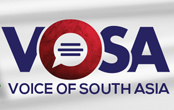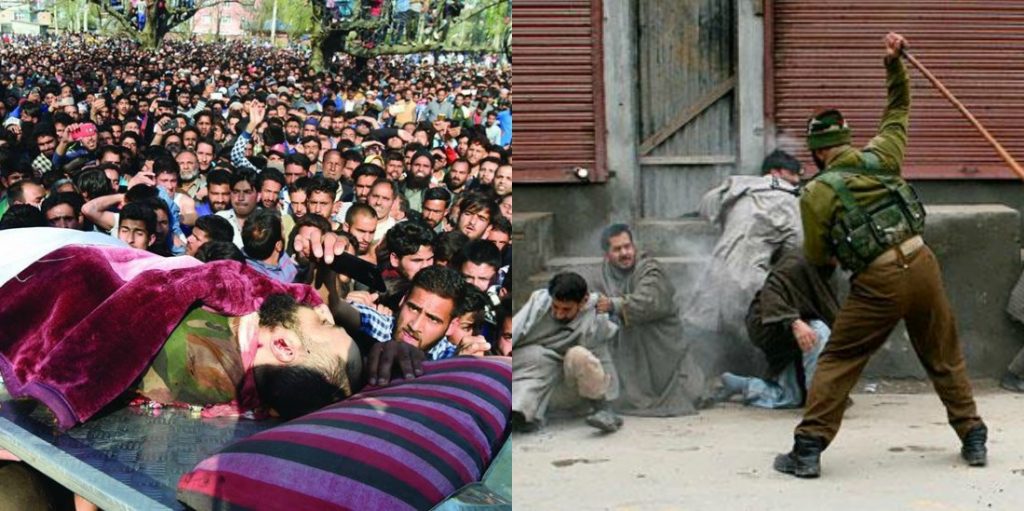“New media policy” in Indian Kashmir while OIC hold emergency meeting via video conference
ANKARA
An international press advocacy group is urging India to immediately withdraw its “new media policy” in Indian-administered Jammu and Kashmir, saying it has handed unimpeded powers to authorities.
In a statement, Reporters Without Borders (RSF) said the policy allowed Indian officials to harass journalists and media judicially and economically if they “published content it doesn’t like,” it said, describing this as “prior censorship.”
Under the policy, the government’s information and public relations department (DIPR) exercises “pre- and post-publication control over all journalism in the territory for the next five years,” it added.
“By means of this totally Orwellian regulation, the Jammu and Kashmir administration becomes plaintiff against the free press, judge and executioner all in one,” said the RSF.
A Srinagar-based journalist told Anadolu Agency that the new media policy was “merely a legal cover to what is already going on in Kashmir.”
“For the last couple of months, many of our colleagues were booked under stringent laws, many were summoned [by police] and interrogated for their professional work or social media posts,” said the journalist, who wished to remain anonymous.
The RSF said the DIPR would conduct a “background check” of every publisher, editor and reporter before their media outlet is granted “empanelment” — its term for official approval.
“Any individual or group indulging in fake news, unethical or anti-national activities or in plagiarism shall be de-empaneled besides being proceeded against under law,” the new policy says, according to the RSF.
“As there is no definition of what constitutes fake news or anti-national content, the government has absolutely infinite interpretative leeway to censor any journalism it does not like and to impose its own narrative,” said Daniel Bastard, the head of RSF’s Asia-Pacific desk.
“The media policy is clearly in line with the attempts at controlling the press freedom in Kashmir and such attempts have increased manifold after August 2019,” the Kashmiri journalist added.
Mean while, The Organization of Islamic Cooperation (OIC) Contact Group on Jammu and Kashmir will hold an emergency meeting via video conference on Monday to discuss the latest situation in the disputed territory.
The online meet will bring together the foreign ministers of the Jammu And Kashmir Contact Group member states: Azerbaijan, Niger, Pakistan Saudi Arabia and Turkey, the OIC said in a statement.
“The meeting is part of a series of continuous Jammu And Kashmir Contact Group meetings to address the issue,” OIC Secretary General Dr. Yousef Al-Othaimeen was quoted as saying.
The OIC, founded in 1967 and consists of 67 countries, is the collective voice of the Muslim world to ensure and safeguard their economic and political interests.
Kashmir is held by India and Pakistan in parts but claimed by both in full. A small sliver of the region is also controlled by China.
Since they were partitioned in 1947, the two countries have fought three wars in 1948, 1965, and 1971. Two of them have been over Kashmir.
Some Kashmiri groups in Jammu and Kashmir have been fighting against the Indian rule for independence or unification with neighboring Pakistan.
According to several human rights organizations, thousands of people have been killed in the conflict since 1989.
On Aug. 5, 2019 the Indian government revoked Article 370 and other related provisions from its Constitution, scrapping the country’s only Muslim-majority state with its autonomy. It was also split into two federally administered territories.
Simultaneously, it locked the region down, detaining thousands of people, imposing movement restrictions and enforcing a communications blackout.



